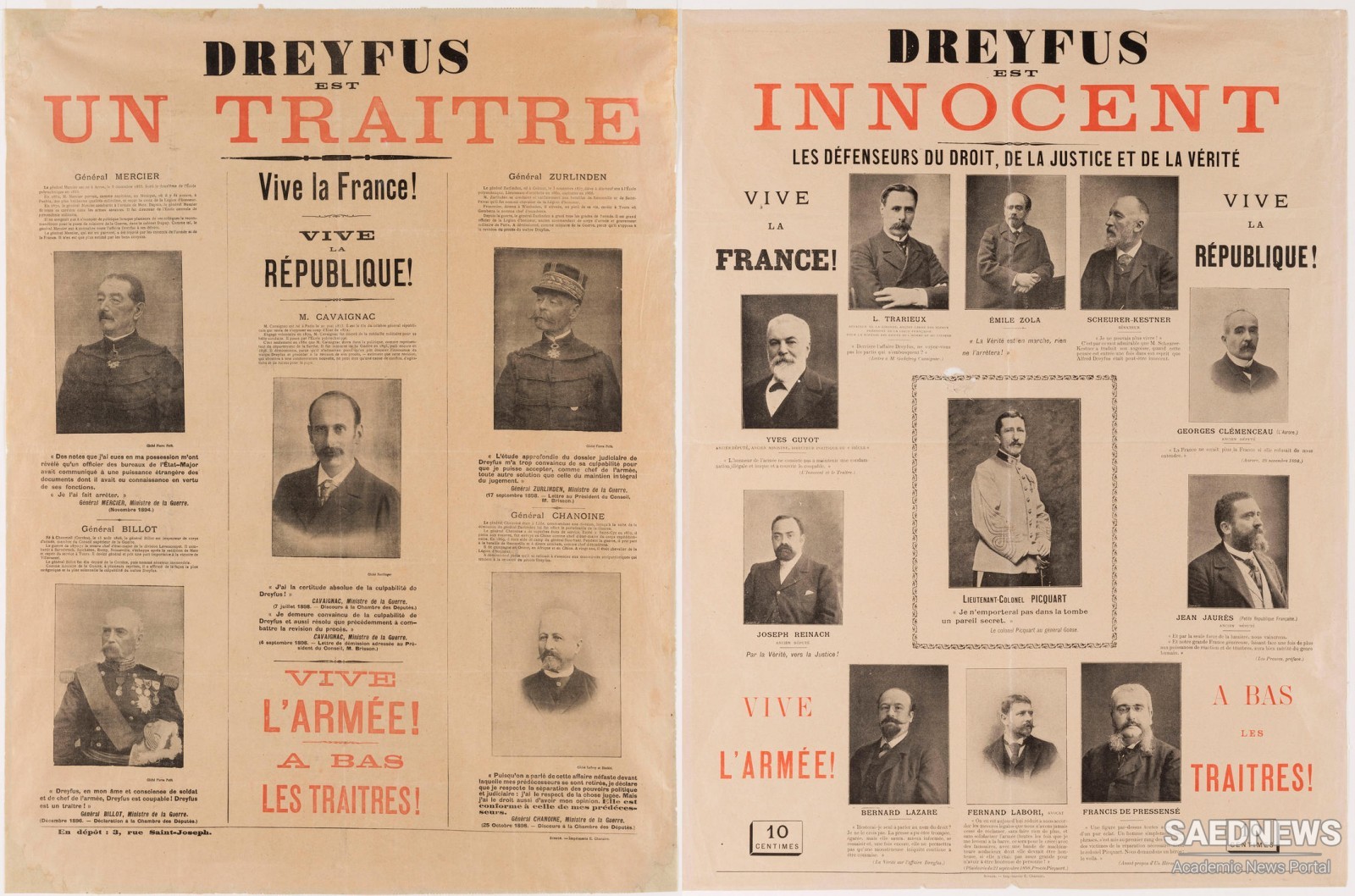Dreyfus’s cause united all republicans and they triumphed. In May 1902, though the electoral vote was close, the republicans won some 370 seats and the opposition was reduced to 220. There then followed three years of sweeping legislation against the Church. Church schools were closed wholesale; a number of religious orders were banned; in 1904 members of surviving religious orders were banned from teaching. In December 1905 a Law of Separation between Church and state was passed. This law represents both the culmination of republican anti-clericalism and the beginning of a better relationship. Freedom of worship was guaranteed and, despite the opposition of the Vatican, the bitter struggle was gradually brought to a close. Anti-clericalism declined, and the monarchist right lost its last opportunity of enlisting mass support with the help of the Church. Extreme anti-clerical governments were now followed by more moderate republicans in power. French governments before 1904 remained dependent not on one party but on the support of a number of political groupings in the Chamber; these groups represented the majority of socially conservative voters: the peasants who owned their land, shopkeepers, craftsmen, civil servants and pensioners with small savings. Governments were formed around groups of the centre, sometimes veering more to the ‘left’ and sometimes to the ‘right’. But ‘left’ in the French parliamentary sense did not mean socialism. Once the predominant groupings of radical republicans had succeeded in defeating the Church, their radicalism was mild indeed. They stood for defending the interests of the peasant land proprietors, the shopkeepers, the less well-off in society; their socialism went no further than wishing to introduce a graduated income tax. The radical republicans were not, in fact, in the least bit radical but were ‘firmly attached to the principle of private property’ and rejected ‘the idea of initiating class struggles among our citizens’. Their reforming record down to 1914 was indeed meagre. Even progressive income tax had to wait until 1917 before it became effective.


 France as the Cradle of Liberty and the Dilemma of Church
France as the Cradle of Liberty and the Dilemma of Church














































